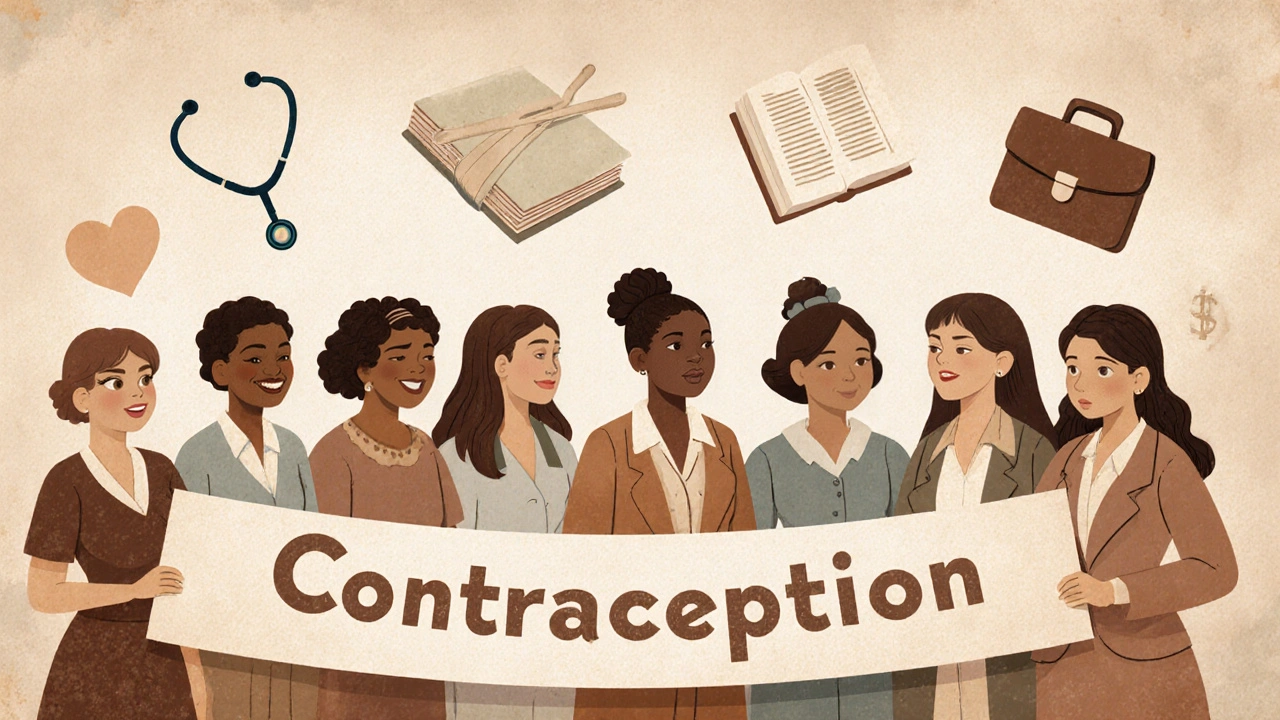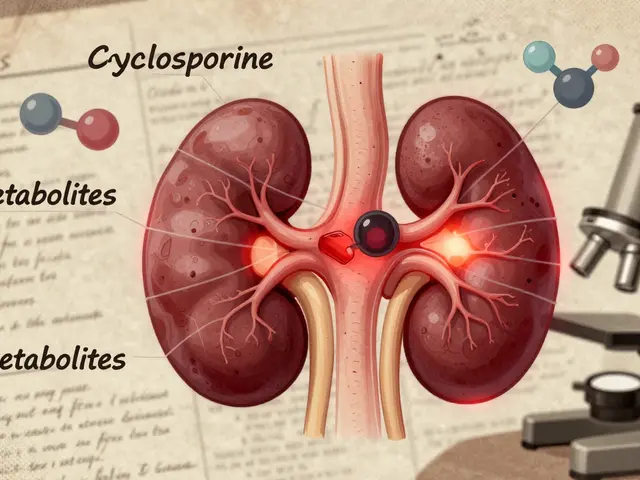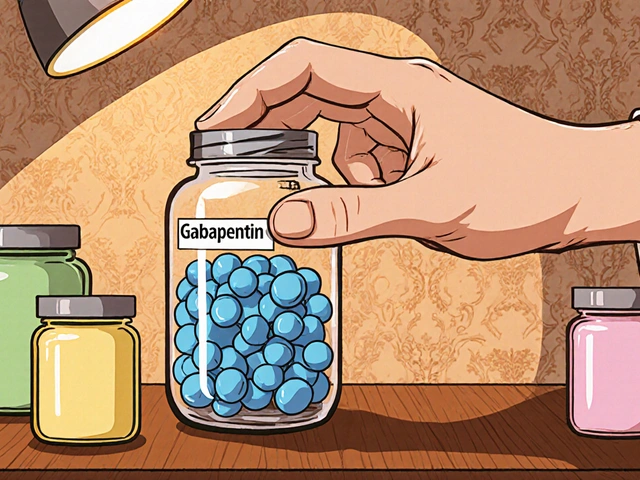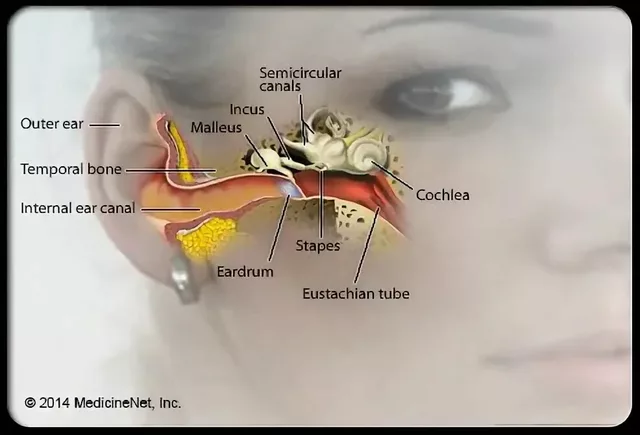Reproductive Health Resources and Insights
When talking about reproductive health, the overall well‑being of the reproductive system, including hormones, organs, and sexual function. Also known as reproductive wellness, it touches many life stages. Closely linked is menopause, the natural transition marking the end of menstrual cycles, often bringing hormonal changes, which directly impacts fertility, the ability to conceive and bear children. Another core piece is contraception, methods used to prevent pregnancy, ranging from hormonal pills to barrier devices, and finally sexual health, the emotional, physical, mental, and social well‑being related to sexuality. Understanding these four pillars helps you navigate changes, make informed choices, and stay proactive about your body.
How These Topics Interact
Reproductive health encompasses fertility, meaning the capacity to conceive is a direct measure of system health. Menopause influences both fertility and sexual health by altering hormone levels, which can affect libido and comfort during intimacy. Contraception requires knowledge of hormone dynamics, so choosing the right method often depends on where you are in your reproductive timeline. For example, a woman approaching menopause might opt for a low‑dose hormonal pill that also eases hot flashes, while a younger adult might select a non‑hormonal device to preserve natural cycles. These relationships create a web where each decision impacts the others, and staying aware of the links prevents surprises.
Practical management starts with clear goals. If you’re planning a family, tracking ovulation—one of the key fertility indicators—helps pinpoint the best time for conception. Tools like basal body temperature charts or ovulation predictor kits give real‑time feedback on hormone shifts. On the other hand, those focusing on contraception need to weigh effectiveness, side‑effects, and lifestyle fit. A study from 2023 showed that combined oral contraceptives reduced the risk of ovarian cysts by 30 % while also easing menstrual cramps, a benefit many users appreciate during their reproductive years. Understanding the trade‑offs lets you align choices with personal health priorities.
Sexual health isn’t just about intercourse; it’s about comfort, consent, and communication. Hormonal changes during menopause can lead to vaginal dryness, making intimacy uncomfortable. Simple solutions—like water‑based lubricants or pelvic floor exercises—can restore comfort without medication. Moreover, regular screenings for sexually transmitted infections remain critical across all ages because early detection protects both personal health and future fertility. Integrating sexuality discussions into routine health visits normalizes the conversation and catches issues before they become bigger problems.
Another often‑overlooked aspect is mental well‑being. Fluctuating hormones during menstrual cycles, pregnancy, or menopause can affect mood, sleep, and energy. Mind‑body techniques such as yoga, meditation, or even essential oil aromatherapy (appropriate for menopause) have shown promise in stabilizing mood swings. When mental health is supported, physical reproductive functions often improve—stress reduction can enhance ovulation regularity, for instance. So a holistic approach that blends physical care with emotional support yields the best outcomes.
Finally, diet and exercise play a pivotal role. Foods rich in omega‑3 fatty acids, like salmon or flaxseeds, support hormone production and reduce inflammation, benefiting both fertility and menopause symptom relief. Regular moderate exercise helps maintain a healthy weight, which is crucial because excess body fat can disrupt estrogen balance, making contraception less effective and lowering fertility odds. By aligning nutrition, activity, and medical guidance, you create a strong foundation for lasting reproductive health.
Now that you have a clear picture of how menopause, fertility, contraception, and sexual health intersect, the articles below will give you deeper dives, step‑by‑step guides, and actionable tips to manage each area confidently. Explore the collection to find exactly what you need for your current stage and future plans.

Global Contraception Access & Affordability: Facts, Challenges, and Solutions
Explore the global gaps in contraception access, why affordability matters, and proven strategies that improve reproductive health worldwide.
Read More




